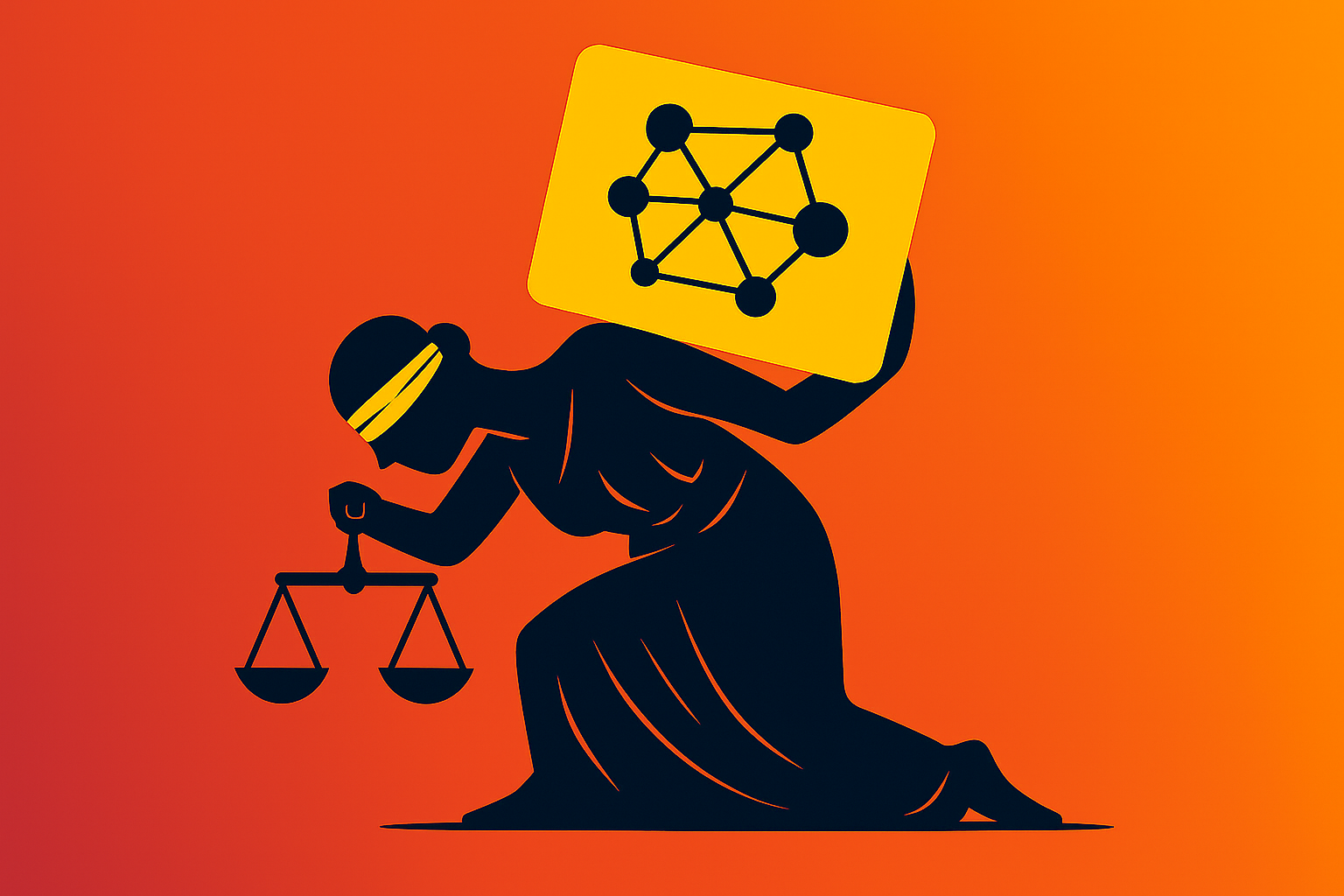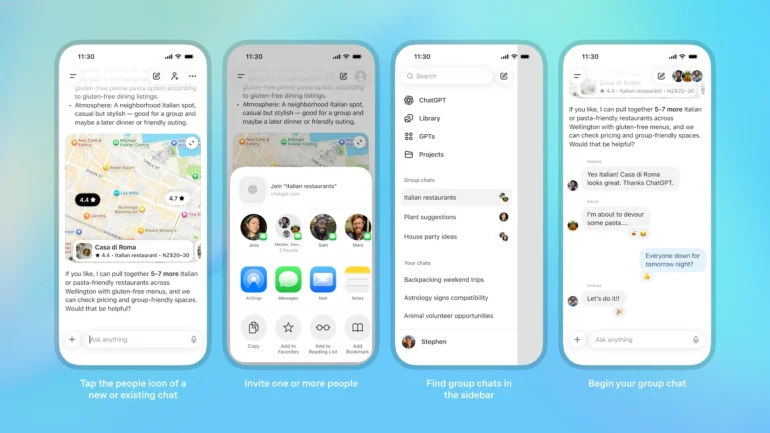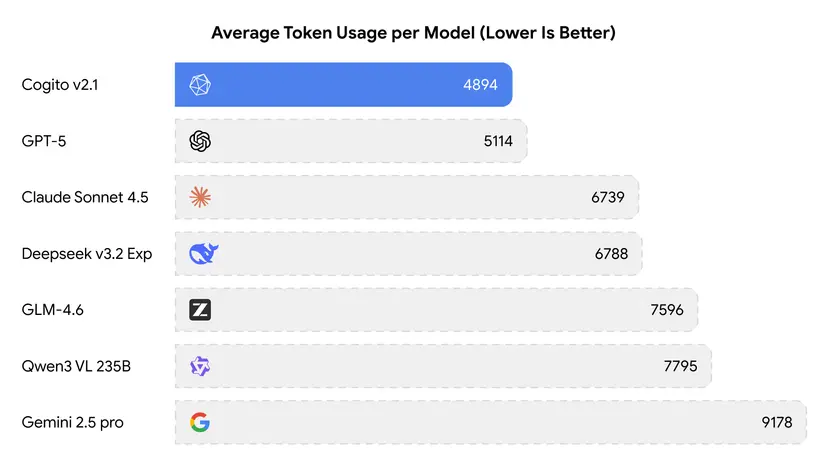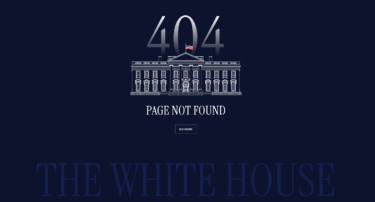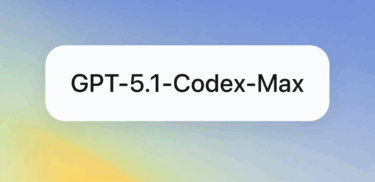OpenAI is rolling out "ChatGPT for Teachers," a free version of its AI chatbot for verified K-12 teachers in the United States. The offer runs through June 2027 and includes a secure workspace that, according to the company, does not use data for model training by default. OpenAI says teachers are already seeing time savings in lesson planning and other daily tasks.
"Every student today is growing up with AI, and teachers play a central role in helping them learn how to use these tools responsibly and effectively."
OpenAI
The platform meets US privacy standards like FERPA and gives teachers access to the GPT-5.1 Auto model along with integrations for Canva and Google Drive. School administrators can manage and assign licenses centrally. OpenAI is also partnering with groups like the American Federation of Teachers to help educators learn how to use the technology effectively.


